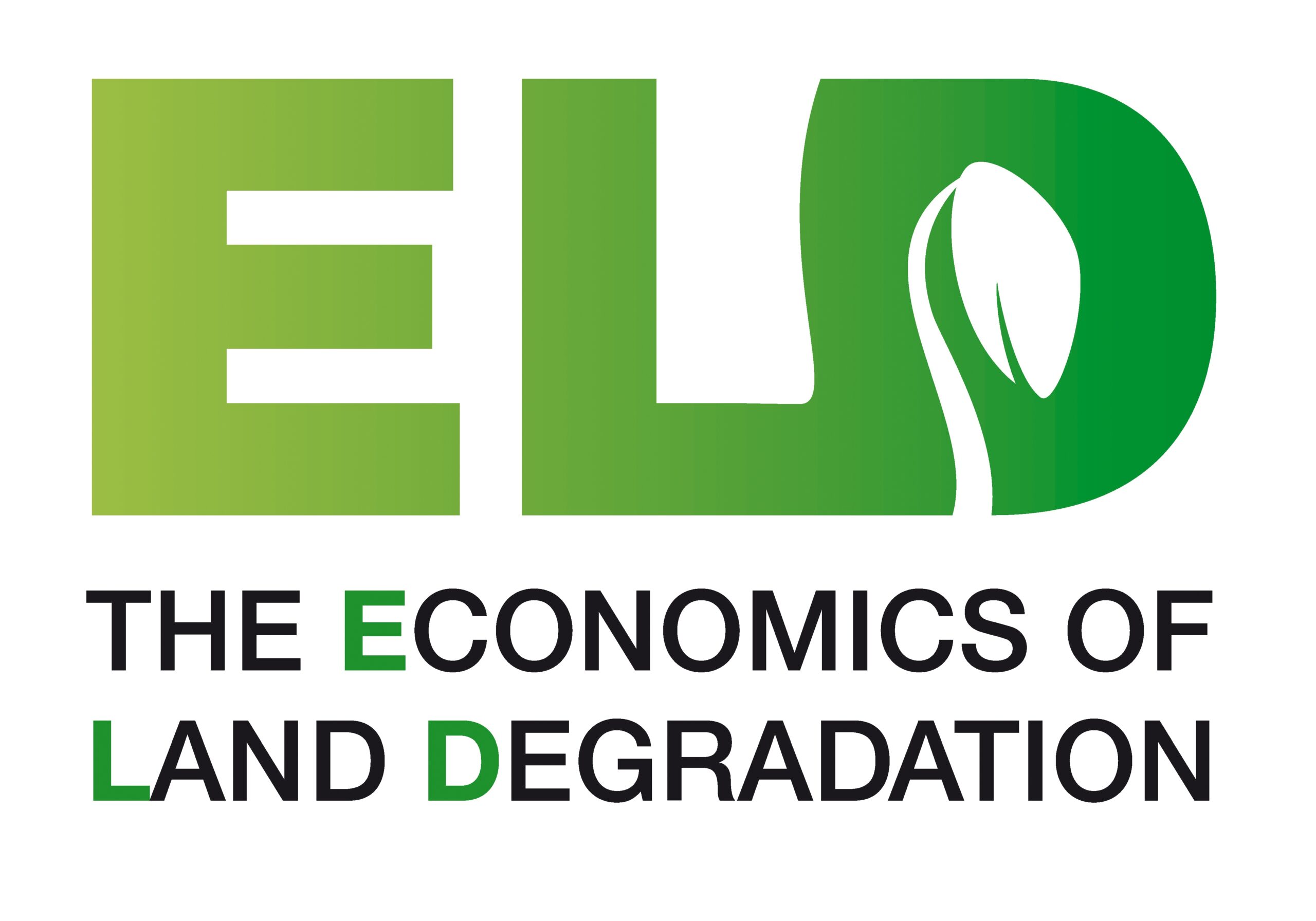This year edition of The Global Risks Report presents the results of the latest Global Risks Perception Survey (GRPS). The survey includes several sections: COVID-19 Hindsight, Future Outlook, Horizon, Severity, Effects and International Mitigation that underpin the report. The report concludes with reflections and analysis on enhancing resilience, drawing from the lessons of the last two years of the COVID-19 pandemic.” As such, it presents the following key findings:
Global risks perceptions highlight societal and environmental concerns
Respondents in the survey identified social cohesion erosion, livelihood crises, and mental health as perceived societal risks. Moreover, most experts pointed out that they expect in the next three years “either consistent volatility and multiple surprises or fractured trajectories that will separate relative winners and losers.”
Nonetheless, over a 10-year horizon into long term problems environmental issues dominate the landscape with threats such as climate action failure, extreme weather and biodiversity loss.
A divergent economic recovery threatens collaboration on global challenges
Global economy challenges since the pandemic are still present, with “rising commodity prices, inflation and debt” as emerging risks that tatke advantage of the international disparity between developing and developed countries. Furthermore, these divergences will make international collaboration more difficult and the needed changes to address the worsening global risks harder to handle.
A disorderly climate transition will exacerbate inequalities
The experts highlight that the most likely scenario will be a disorderly climate transition. For example, “characterized by divergent trajectories worldwide and across sectors will further drive apart countries and bifurcate societies, creating barriers to cooperation.” The report highlights that a “transition that fails to account for societal implications will exacerbate inequalities within and between countries heightening geopolitical frictions.”
Growing digital dependency will intensify cyberthreats
Greater cyberthreats will affect negatively cooperation between states “if governments continue to follow unilateral paths to control risks.” On this regard, the report layouts the following concerns:
- Lower barriers to entry for cyberthreat actors
- More aggressive attack methods
- Dearth of cybersecurity professionals
- Patwock governance mechanisms
In addition, it separates the risks between tangible and intangible risks. The first entailing menaces like attacks on large and strategic systems that “will carry cascading physical consequences across societies, while prevention will inevitably entail higher costs.” On the other hand, the latter includes disinformation, fraud and lack of digital safety with the potential to impact public trust in digital systems and governments.
Barriers to mobility risk compounding global insecurity
Economic hardship, intensified impact of climate change and political instability are driving forces in the international migration landscape affecting global security. Notably, “Involuntary migration” is a top long-term concern for respondents, with migration pressures promoting international tensions between affected countries as it becomes a geopolitical instrument affecting domestic policies.
Opportunities in space could be constrained by frictions
In general, a growing number and range of actors entering into the space domaing may generate and escalate frictions if exploration and exploration of this realm are not adequately managed. For instance, with “limited and outdated global governance in place to regulate space alongside diverging national-level policies”, risks as the militarization and weaponization of the space are increasing.
Year two of the pandemic yields insights on resilience
After two years of pandemic two factors were noted as critical to manage the pandemic:
- Government flexibility and adaptability to response strategies according to a changing context
- Government ability to maintain societal trust through principled decisions and effective communication
Overall, respondents are not optimistic about global governance future. Still, they highlighted several open questions on risks, trends and warning signs coming from expert knowledge to promote public discussion and policy response.
Find the full report here.




